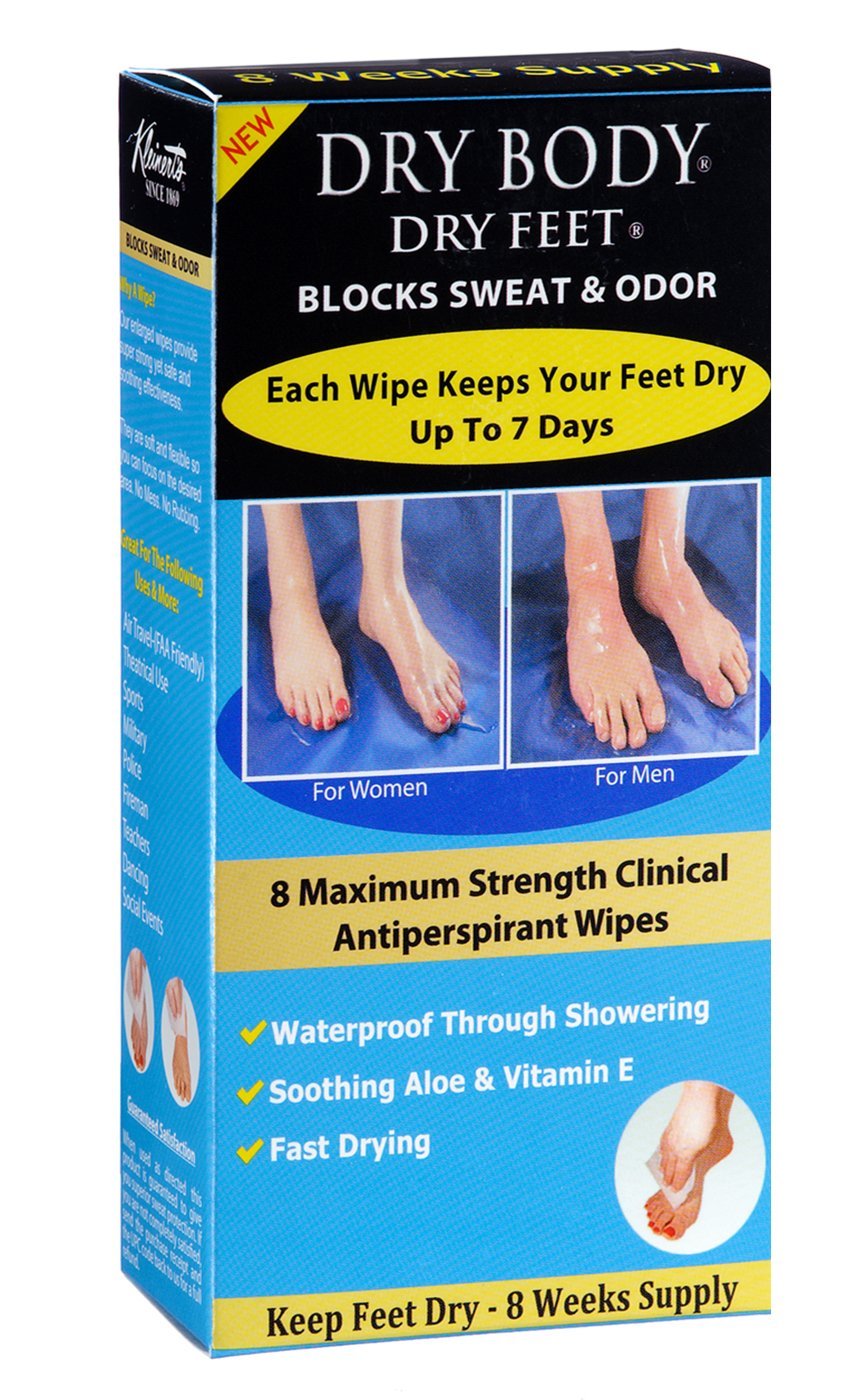Finest Dermatology Approaches for Sweaty Hands Treatment: Tips and Techniques
Finest Dermatology Approaches for Sweaty Hands Treatment: Tips and Techniques
Blog Article
Comprehending the Origin of Excessive Sweating and Its Influence On Daily Life
Too much sweating, likewise recognized as hyperhidrosis, is a problem that affects a considerable section of the population, yet its underlying reasons and ramifications on day-to-day functioning continue to be rather enigmatic. While it is commonly recognized as a physical feedback to regulate body temperature, the triggers for extreme sweating can differ extensively among individuals, encompassing not only physical elements but psychological and also emotional aspects. Additionally, the impact of this problem prolongs past simple discomfort, commonly affecting social interactions and general quality of life. By delving right into the source of hyperhidrosis and discovering its diverse effects, a much deeper understanding of this prevalent problem can be obtained, clarifying the complexities that individuals facing excessive sweating navigate every day.
Physiology of Sweat Glands
The law of sweat manufacturing, an important physiological procedure, is mainly regulated by the task of sweat glands dispersed across the human body. Sweat glands are classified into 2 main types: eccrine and apocrine glands.
When the body temperature increases, either due to physical activity, high temperature levels, or emotional stress, the nervous system activates the gland to generate sweat. This sweat is made up mainly of water and electrolytes like salt and chloride. The procedure of sweat production is essential for preserving the body's internal temperature within a slim, optimum range, highlighting the critical duty sweat glands play in human physiology.
Triggers for Excessive Sweating
In comprehending the origin of excessive sweating, it is important to identify the triggers that can lead to this physiological response. Too much sweating, additionally recognized as hyperhidrosis, can be motivated by various factors, both physiological and environmental. One typical trigger is psychological stress or stress and anxiety, which can promote the body's gland to produce more sweat than is required for cooling. Physical exertion, heats, and spicy foods are additionally known to trigger extreme sweating in individuals susceptible to this problem. Certain medical conditions like hyperthyroidism, menopause, or diabetes can add to excessive sweating as well.
In addition, medications such as some antidepressants, opioids, and certain supplements can additionally act as triggers for hyperhidrosis. Understanding these triggers is essential in handling extreme sweating successfully - Treatment for hyperhydrosis of hands. By determining and resolving the details triggers that motivate too much sweating in an individual, health care carriers can develop tailored treatment plans to relieve this problem and boost the individual's high quality of life
Medical Conditions Associated
Associated with excessive sweating are various clinical conditions that can aggravate this physiological response. One common problem is hyperhidrosis, a disorder defined by extraordinarily enhanced sweating that exceeds the body's thermoregulatory requirements. This can show up in focal locations like the palms, soles, underarms, or face, affecting an individual's lifestyle due to social shame and pain.
Furthermore, endocrine conditions such as hyperthyroidism, diabetes, and menopausal hot flashes can also lead to excessive sweating. Hyperthyroidism causes an overproduction of thyroid hormones, increasing metabolism and setting off sweating.
Furthermore, infections like tuberculosis, HIV, and endocarditis have been connected with night sweats, a common symptom understood to interfere with rest and impact total health. These medical problems highlight the diverse variety of underlying factors that can add to too much sweating, necessitating comprehensive analysis and management by healthcare specialists.
Psychological and Emotional Aspects

Influence on Social Communications
Excessive sweating can have profound impacts on a person's capability to engage comfortably in social interactions. The visible indicators of sweat spots or wet patches on clothing can bring about embarrassment and self-consciousness, creating individuals to take out from social circumstances. This withdrawal can affect partnerships, restriction social activities, and prevent expert and individual growth.

Furthermore, the stress and anxiety and self-worth issues stemming from too much sweating can affect communication and social abilities. Individuals might struggle to concentrate on conversations, take part in team activities, or reveal themselves with confidence. This can cause sensations of seclusion and isolation, as social links end up being testing to preserve.
Verdict

While it is frequently understood as a physiological action to manage body temperature level, the triggers for too much sweating can differ extensively among individuals, incorporating not only physical factors yet likewise emotional and psychological elements. By diving into the origin creates of hyperhidrosis and discovering its diverse effects, a much deeper understanding of this pervasive concern can be gained, losing light on the complexities that people grappling with excessive sweating browse on a day-to-day Exessive Sweating basis.
Physical effort, high temperature levels, and spicy foods are additionally known to cause extreme sweating in individuals susceptible to this problem. By identifying and resolving the certain triggers that trigger excessive sweating in a specific, health care service providers can create personalized therapy plans to ease this problem and boost the person's top quality of life.
Excessive sweating can have extensive effects on a person's capacity to engage pleasantly in social communications.
Report this page